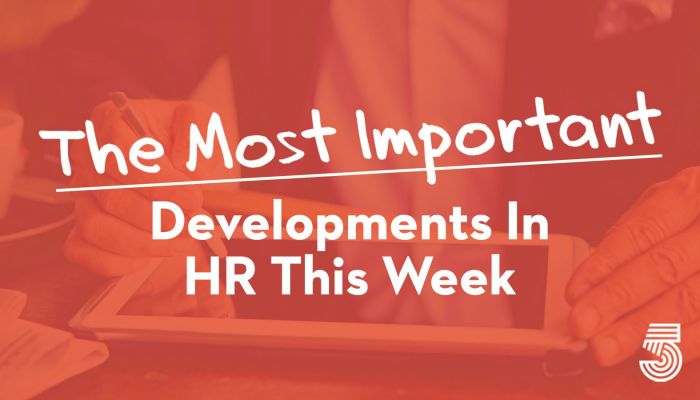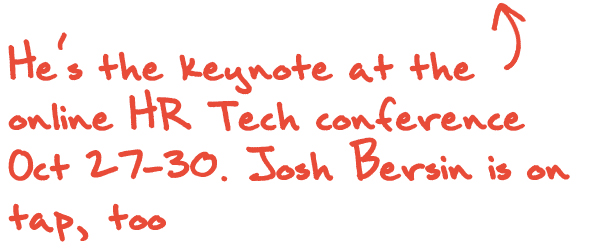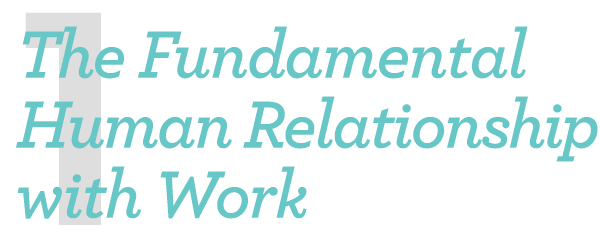
On the new episode of HRB IdeaCast, a conversation with anthropologist James Suzman about how our understanding of labor has changed over time. Suzman, an anthropologist and former executive, says one way to better understand the future of work is to learn from the history of it. He has studied an ancient hunter-gatherer society in Namibia and says our modern notions of work, economy, and productivity are perhaps too limiting. Suzman argues that humans have always been drawn to work for its intrinsic value, and that managers can prepare for the future workplace by broadening their thinking about work and purpose. Suzman is the author of the new book “Work: A History of How We Spend Our Time.” HBR IdeaCast

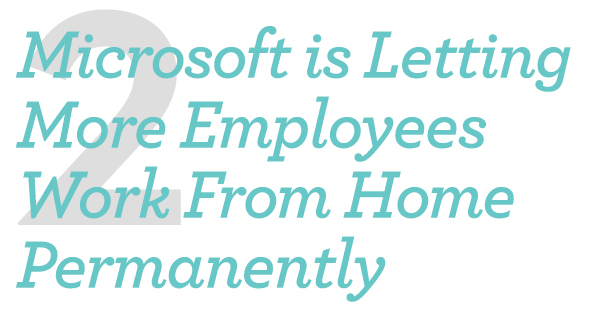
Microsoft is allowing more of its employees to work from home permanently, the company announced Friday. While the vast majority of Microsoft employees are still working from home during the ongoing pandemic, the software maker has unveiled “hybrid workplace” guidance internally to allow for far greater flexibility once US offices eventually reopen. The Verge has received Microsoft’s internal guidance, and it outlines the company’s flexible working plans for the future. Microsoft will now allow employees to work from home freely for less than 50 percent of their working week, or for managers to approve permanent remote work. Employees who opt for the permanent remote work option will give up their assigned office space, but still have options to use touchdown space available at Microsoft’s offices. The Verge
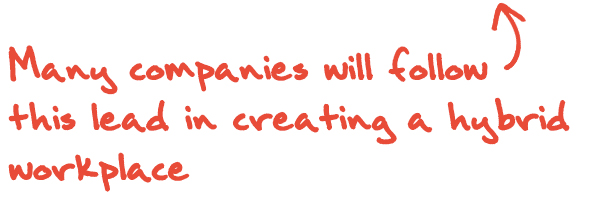
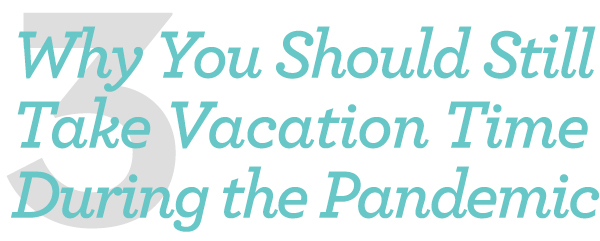
Americans are notorious for leaving paid time off on the table, with only 28% maxing out their available days during normal times. The pandemic only made it worse. About half of us canceled 2020 summer vacation plans. It’s no surprise. Fewer people are willing to get on planes and travel restrictions have limited our options. But does that mean you need to skip PTO completely? “Time off doesn’t have to mean taking your annual vacation,” says Andrew Shatté, cofounder and chief knowledge officer of meQuilibrium, a science-based resilience training provider. “You may be thinking, ‘I’m not going to fly and don’t want to vacation somewhere close, so why bother?’ But grabbing a few days can make a big difference.” Leaders need to communicate that it’s okay to take PTO, says Shatté. Fast Company
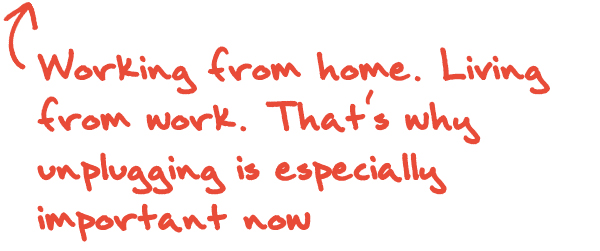
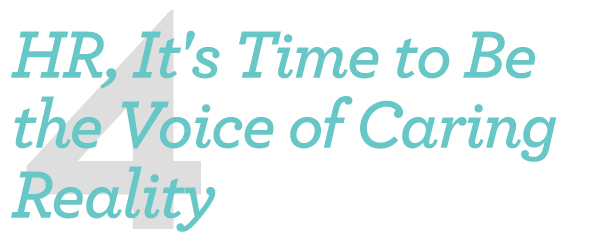
Stress and burnout among the workforce have become serious concerns for most HR leaders, as the COVID-19 pandemic wages on. However, if employers are forward-thinking in how they treat and communicate with employees, today’s challenging times can actually lead to tomorrow’s success. That’s according to author and business consultant Marcus Buckingham, who conducted a 25,000-person study across 25 countries this summer with ADP Research Institute that specifically examined levels of employee burnout and resilience in the face of the global health crisis. “We are strip-mining our people at the moment,” he says, “but we need to learn how difficult times like this can actually be sources of energy for our people.” Human Resource Executive
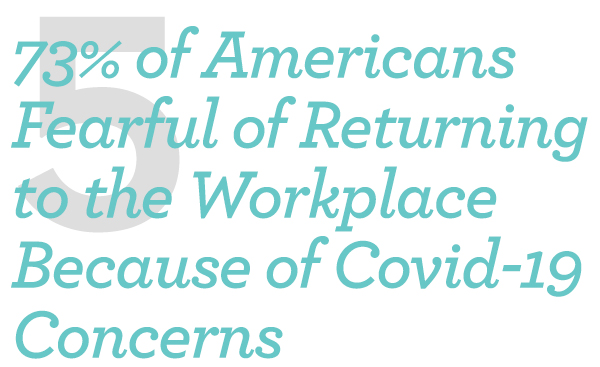
The coronavirus crisis spawned yet another crisis — fear among the nation’s workers that as the pandemic continues to rage across the country, it could be hazardous to their health to return to offices, factories, and other places of employment. According to the results of the Envoy Return to Work Survey that was released today, 73% of Americans are afraid of putting their personal health and safety at risk by returning to the workplace, with 75% saying they would consider quitting their jobs if the Covid-19 prevention measures by employers were inadequate or inappropriate. Larry Gadea, founder and CEO of Envoy, said that “to consider quitting one’s job in a downward trending economy is quite a serious thing, which tells us is that health concerns are incredibly serious to employees — more so in fact than job security — and companies need to really listen to what their employees are saying in this report, in order to assuage their concerns and ensure proper safety precautions are taken.” Forbes







